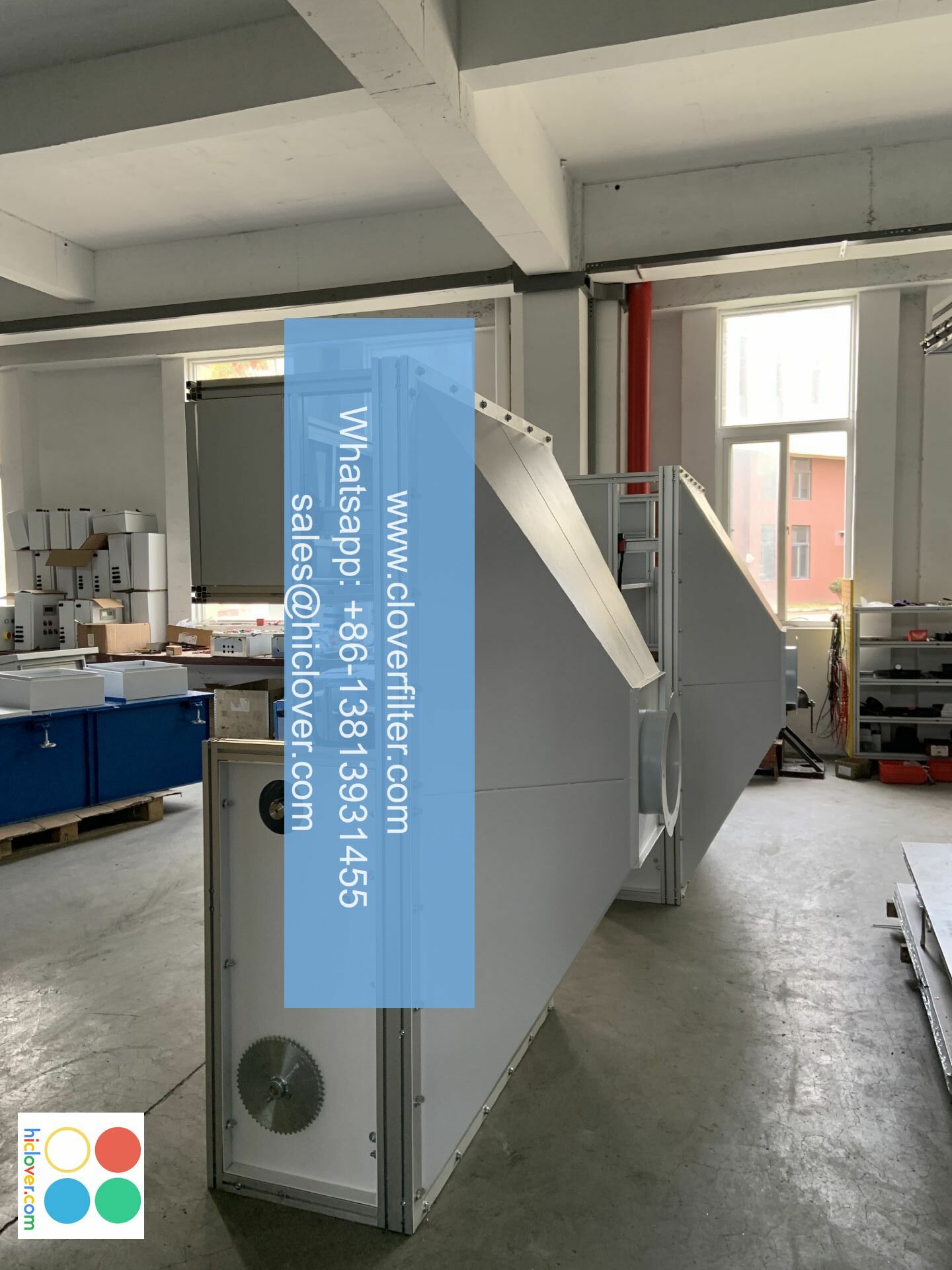Selecting the right industrial air filter supplier is critical for ensuring air quality, regulatory compliance, and operational efficiency across industries. From HVAC systems in commercial spaces to specialized filtration in pharmaceutical or food processing facilities, a dependable supplier can make all the difference. Here are ten actionable tips to help you identify trustworthy partners in your area.
1. Define Your Specific Requirements
Outline your needs, including filter type (e.g., HEPA, activated carbon), airflow capacity, and industry standards. For example, manufacturing plants may need heavy-duty filters for dust control, while healthcare facilities require sterile-grade solutions.
2. Research Local Suppliers
Use online directories, trade associations, or regional business listings to find nearby vendors. Prioritize suppliers with expertise in your sector, such as automotive or chemical processing industries.
3. Check Certifications and Compliance
Verify certifications like ISO 9001 or OSHA compliance. Industries like pharmaceuticals or food production often require adherence to strict regulatory standards (e.g., FDA, NSF).
4. Evaluate Industry Experience
Choose suppliers with a proven track record in your field. For instance, data centers need filters that prevent particulate contamination, while power plants require high-temperature-resistant options.
5. Assess Product Range and Customization
Opt for suppliers offering tailored solutions. Electronics manufacturing or cleanroom applications may demand custom-designed filters to meet precise specifications.
6. Read Customer Reviews and Testimonials
Look for feedback from clients in similar industries, such as aerospace or waste management, to gauge reliability and product performance.
7. Inquire About Maintenance and Support
Ensure the supplier offers after-sales services like filter replacement or system audits, crucial for HVAC systems in large commercial buildings.
8. Compare Pricing and Value
Balance cost with long-term value, including energy efficiency. For example, hospitality sectors benefit from filters that reduce operational expenses while improving air quality.
9. Visit the Supplier’s Facility
Inspect their manufacturing processes and quality control measures, especially if your application involves sensitive environments like biotech labs or hospitals.
10. Request References and Case Studies
Review past projects in your industry, such as oil and gas or textile manufacturing, to assess the supplier’s capability to handle complex demands.
www.southclover.com
Finding a reliable industrial air filter supplier near you requires due diligence, from verifying certifications to evaluating industry-specific expertise. By focusing on your application’s unique needs—whether in automotive, healthcare, or energy sectors—you can partner with a vendor that ensures compliance, efficiency, and long-term performance.

Comments are closed